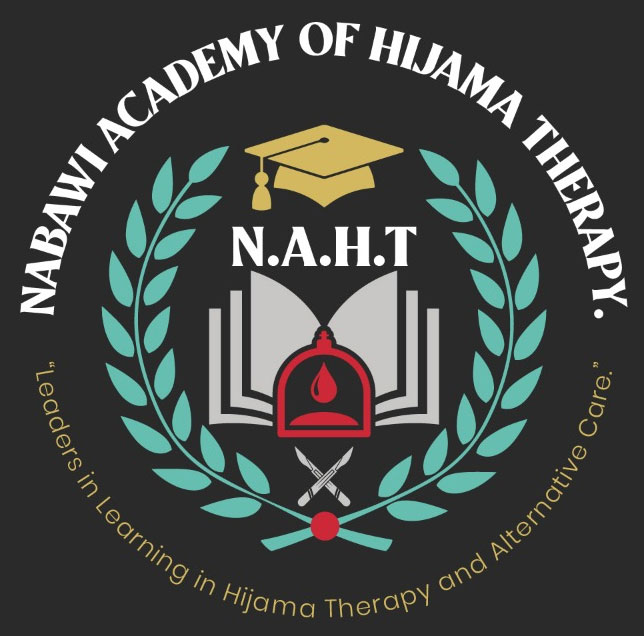Module -1-
1.0 Introduction to Herbalism.
1.1 What is Herbalism?
1.2 A Brief History of Herbal Medicine.
1.3 The Role of Herbalism in Modern Healthcare.
1.4 Ethics and Sustainability in Herbal Practices.
Module -2-
2.0 Understanding Medicinal Plants.
2.1 Plant Identification and Botanical Nomenclature.
2.2 Plant Constituents: Active Compounds and Their Effects.
2.3 Healing Properties of Common Medicinal Plants.
2.4 Toxic Plants and Safety Considerations.
Module -3-
3.0 Herbal Preparation Methods.
3.1 Harvesting and Drying Medicinal Plants.
3.2 Making Herbal Infusions and Decoctions.
3.3 Creating Tinctures and Extracts.
3.4 Herbal Syrups, Oils, Salves, and Poultices.
Module -4-
4.0 Herbal Energetics and Actions.
4.1 The Concept of Herbal Energetics.
4.2 Understanding Herbal Actions (e.g., diuretic, anti-inflammatory, nervine, etc.)
4.3 Herbal Combinations: Formulating Effective Remedies.
Module -5-
5.0 Herbal Medicine for Common Ailments.
5.1 Digestive Health: Herbal Remedies for Stomach Issues.
5.2 Respiratory Support: Herbs for Coughs, Colds, and Congestion.
5.3 Stress and Sleep: Herbal Solutions for Relaxation and Insomnia.
5.4 Herbal First Aid: Treating Cuts, Burns, and Minor Injuries.
Module -6-
6.0 Herbalism for Women’s Health.
6.1 Herbal Support for Menstrual Issues and P.M.S.
6.2 Pregnancy and Herbal Safety.
6.3 Menopause and Hormonal Balance.
Module -7-
7.0 Herbalism for Mental Health.
7.1 Nervine Herbs for Anxiety and Stress Management.
7.2 Enhancing Cognitive Function with Herbal Nootropics.
7.3 Herbal Support for Depression and Mood Disorders.
Module -8-
8.0 Integrating Herbalism into Daily Life.
8.1 Creating a Home Herbal Apothecary.
8.2: Using Herbs in Culinary Applications.
8.3 Growing and Cultivating Medicinal Plants.
8.4 Herbalism in Beauty and Skincare.
Module -9-
9.0 Herbalism in Traditional Healing Systems.
9.1 Ayurvedic Herbalism.
9.2 Traditional Chinese Medicine and Herbal Remedies.
9.3 Indigenous Herbal Knowledge and Practices.
Module-10-
10.0 Practical Applications and Final Project.
10.1 Case Studies: Applying Herbalism to Real-Life Scenarios.
10.2 Developing personalised herbal protocols.
10.3 Final Project: Creating a Herbal Remedy for a Specific Ailment.
Conclusion: By the end of this course, you will have gained a comprehensive understanding of herbalism and the practical skills needed to create and use herbal remedies for various health conditions. Remember, herbalism is a lifelong journey of learning and discovery, and this course serves as a strong foundation for further exploration and specialisation in this ancient healing art. Let’s embark on this botanical adventure together!








Reviews
There are no reviews yet.